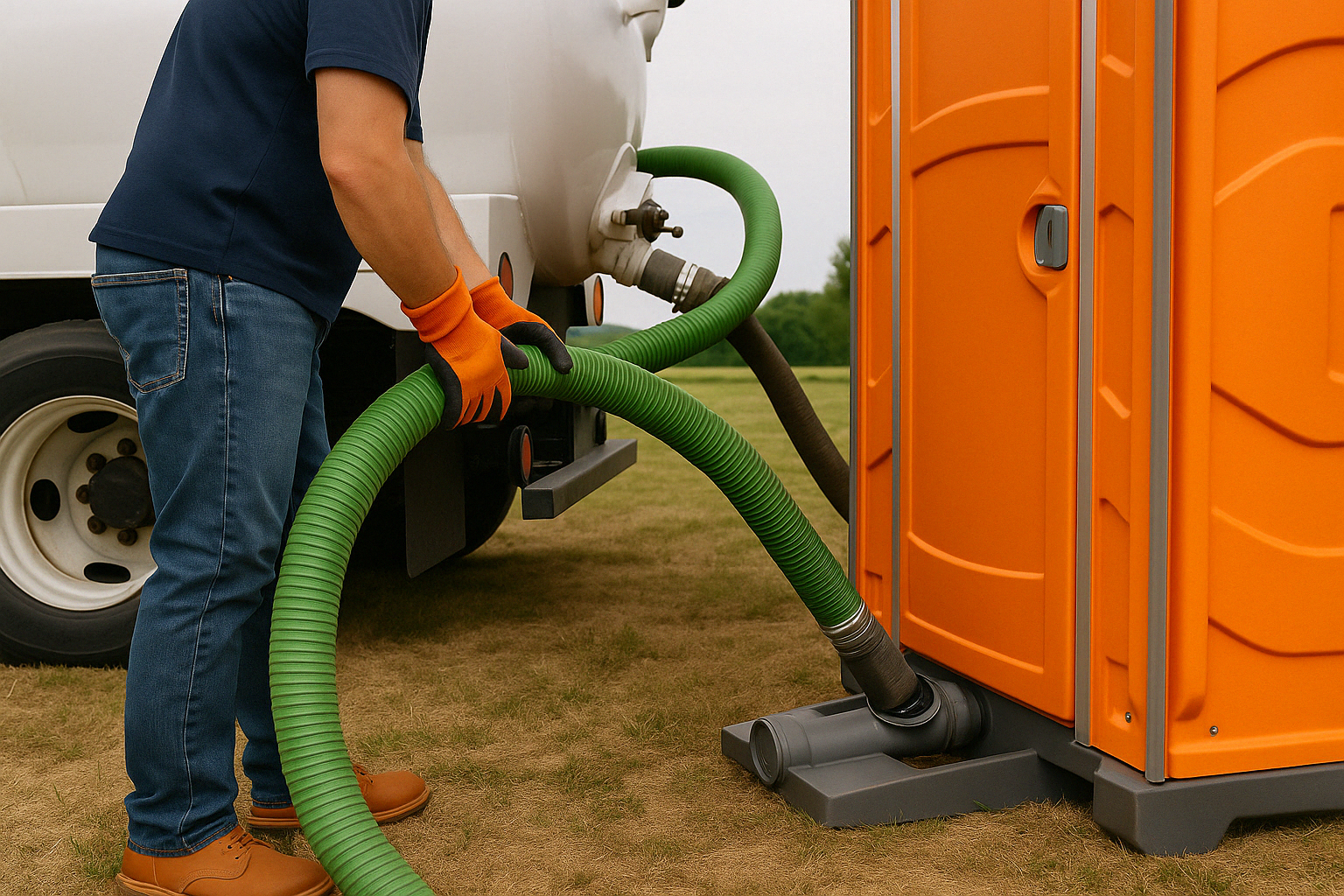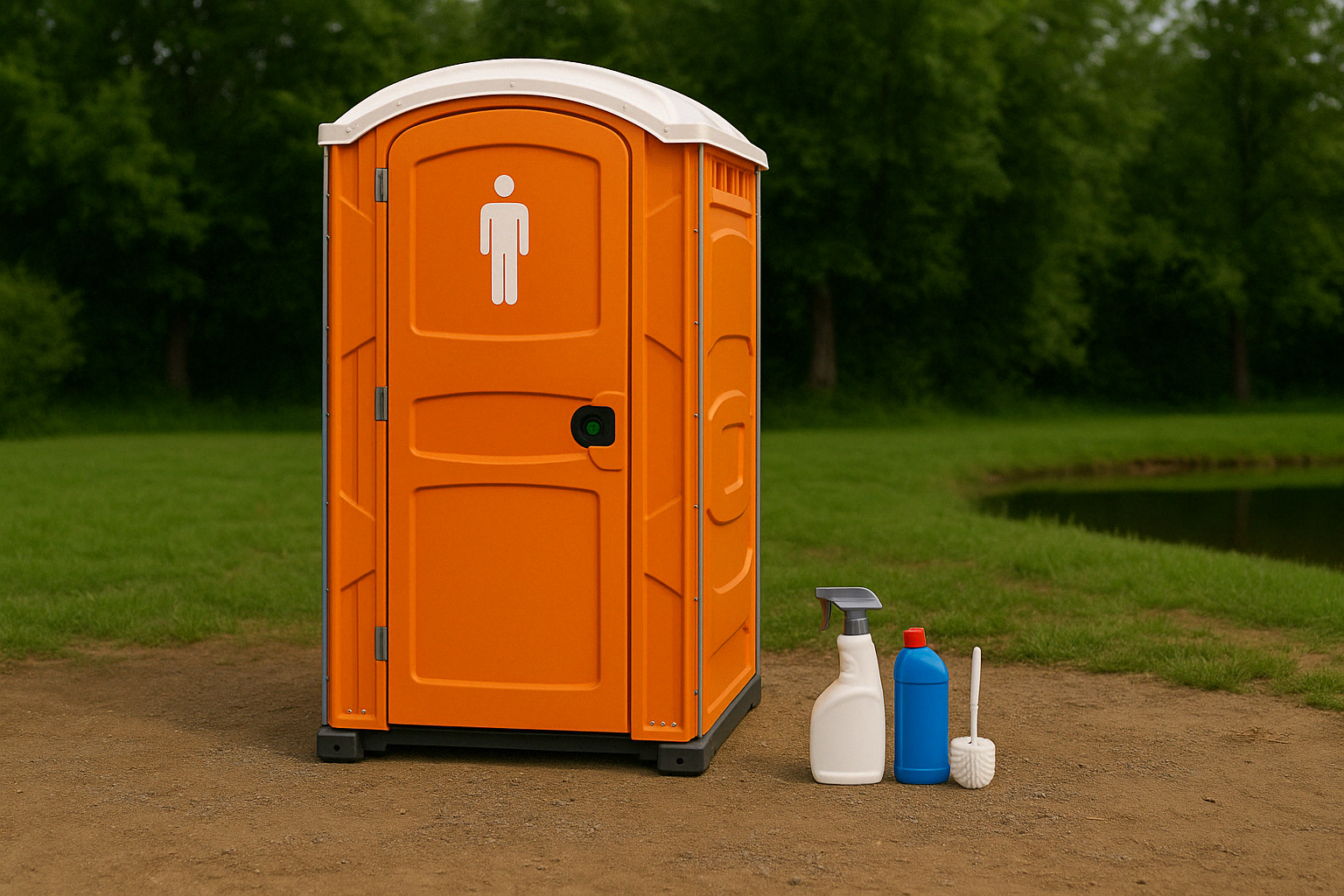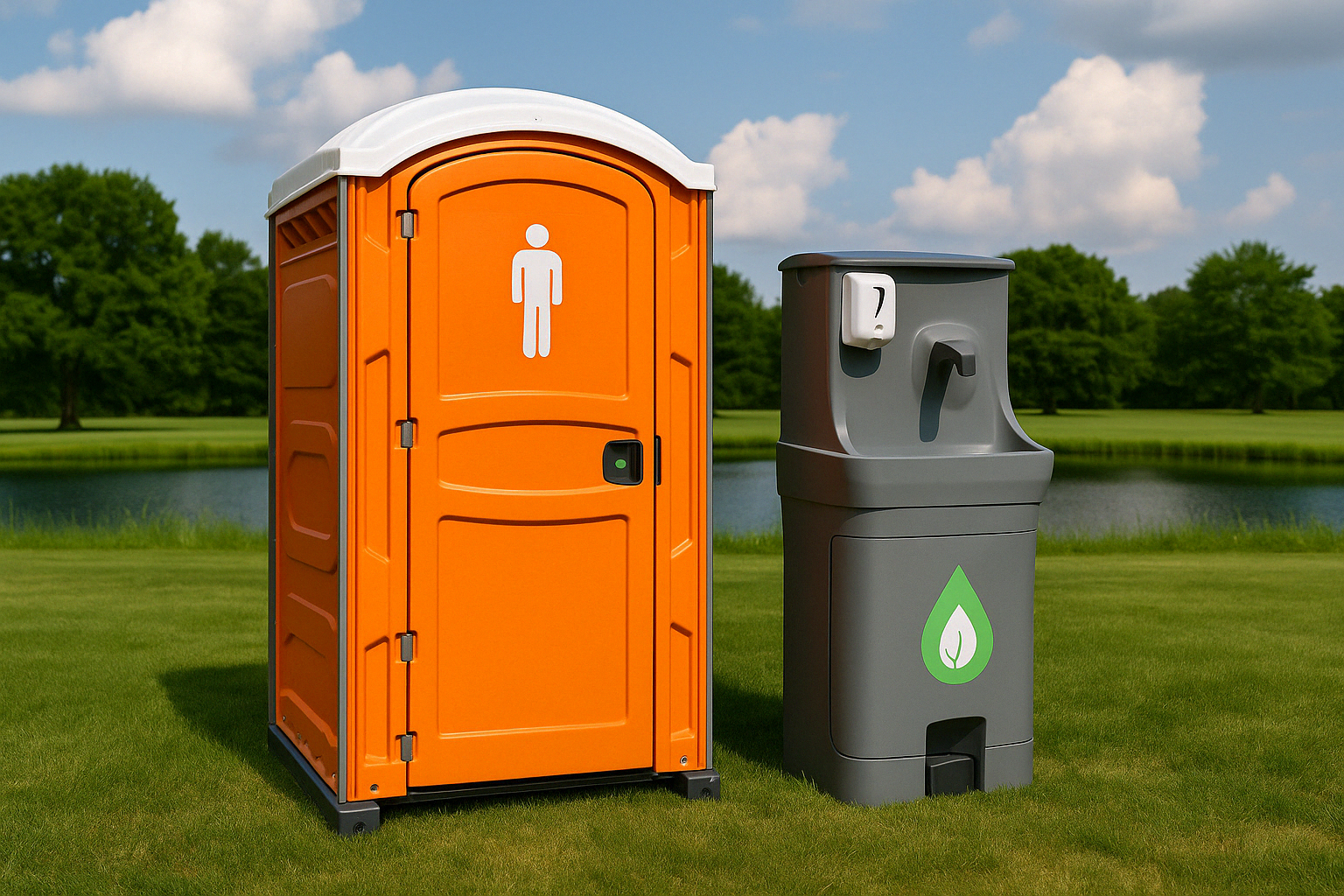Portable Toilets and Water Conservation: Why It Matters
Water conservation is a critical component of sustainable living, addressing the growing concerns over water scarcity and environmental preservation. An often overlooked yet effective method of conserving water is the use of portable toilets, which significantly reduce water consumption in areas where traditional plumbing is impractical or unavailable. Understanding how portable toilets contribute to water conservation highlights their importance in environmental management strategies.
The Environmental Impact of Traditional Toilets
Traditional flush toilets are among the most water-intensive fixtures in homes and businesses. Older models, particularly those manufactured before 1982, can use up to 7 gallons per flush. Even toilets manufactured between 1982 and 1993 consume about 3.5 gallons per flush. While modern low-flush toilets now use 1.6 gallons per flush, the cumulative water usage remains substantial (EPA).
For example, in a four-person household, if each person flushes an average of five times daily with a 1.6-gallon toilet, the household will use over 11,600 gallons of water annually just for flushing. The environmental footprint increases when considering public and commercial facilities, where toilet use is significantly higher.
How Portable Toilets Save Water
Portable toilets provide a highly effective alternative to traditional flush toilets, reducing water consumption in various settings, such as construction sites, outdoor events, and emergency situations. The primary ways portable toilets contribute to water conservation include:
- Waterless Operation: Unlike conventional toilets, portable toilets do not require continuous water supply. Instead, they use specially formulated biodegradable chemicals to break down waste and control odors.
- Efficient Waste Management: These units collect waste in a sealed, controlled system, allowing for proper off-site treatment and disposal. This eliminates the need for water-intensive sewage systems.
- Minimizing Water Waste: Since no flushing occurs, thousands of gallons of water are saved in high-usage environments like festivals, fairs, and job sites.
The Role of the EPA and Water Conservation Initiatives
The Environmental Protection Agency (EPA) promotes water conservation through programs such asWaterSense, which helps consumers identify water-efficient products. While the program mainly applies to low-flow toilets, the principles of reducing water waste align with the benefits of portable toilets.
Additionally, the Clean Water Act establishes regulations to prevent water pollution, and portable toilet services contribute to this effort by preventing human waste from contaminating natural water sources. Properly maintained portable restrooms ensure that waste is collected, treated, and disposed of safely, reducing the risk of groundwater contamination.
Applications of Portable Toilets in Water Conservation
Portable toilets play a crucial role in water conservation across multiple industries and situations:
- Construction Sites: Providing portable restrooms on construction sites eliminates the need for water-based sanitation, conserving thousands of gallons per project.
- Outdoor Events: Large-scale gatherings such as concerts and marathons use portable toilets to accommodate attendees while significantly reducing water usage.
- Disaster Relief & Emergency Situations: In the aftermath of natural disasters, access to clean water is limited. Portable sanitation units provide safe and hygienic facilities without overloading local water supplies.
Advancements in Portable Sanitation Technology
Recent innovations in portable toilet technology have further improved their environmental benefits:
- Composting Toilets: These units use a natural decomposition process to break down waste without water, producing nutrient-rich compost instead of sewage.
- Container-Based Sanitation (CBS): This method involves collecting waste in sealable, removable containers for off-site treatment, providing a sustainable alternative to traditional sanitation (World Bank).
- Eco-Friendly Additives: Many modern portable toilets utilize biodegradable deodorizing agents instead of harsh chemicals, reducing their environmental impact.
Environmental and Economic Benefits
Using portable toilets extends beyond water conservation—it also provides economic and environmental advantages:
- Reduced Sewage Burden: By eliminating excessive water use, portable toilets reduce the strain on municipal wastewater treatment plants.
- Lower Costs: Businesses and event planners can cut water bills and eliminate expensive plumbing installations by opting for portable sanitation solutions.
- Preventing Water Pollution: Properly managed waste disposal from portable toilets prevents pathogen contamination in rivers, lakes, and groundwater.
Conclusion
Portable toilets serve as a practical and effective solution for water conservation in construction, events, disaster relief, and other outdoor settings. By eliminating the need for continuous water supply, they help preserve natural resources while maintaining hygienic sanitation practices.
For those in Central Virginia looking for reliable portable restroom services, Ware2Go Site Services provides a variety of sanitation solutions tailored to different needs. With a strong focus on cleanliness, reliability, and customer satisfaction, Ware2Go offers:
- Standard Porta Potties: Ideal for construction sites and outdoor events, featuring maximum ventilation, spacious interiors, and anti-slip flooring.
- Handicap-Accessible Porta Potties: Designed for inclusivity, providing wheelchair accessibility and interior handrails.
- Luxury Restroom Trailers: Perfect for weddings and corporate events, equipped with climate control, running water, and elegant interiors.
- Handwashing Stations: Essential for hygiene, featuring hands-free operation and multiple dispensers to reduce the spread of germs.
Ware2Go proudly serves Bowling Green, Ruther Glen, Fredericksburg, Mechanicsville, Stafford, Falmouth, Dahlgren, King George, Mineral and Richmond City. To learn more about our services or to schedule a rental, call
(804) 633-9273 or visit our website atWare2Go Site Services.
Tap to share!
Latest Posts







